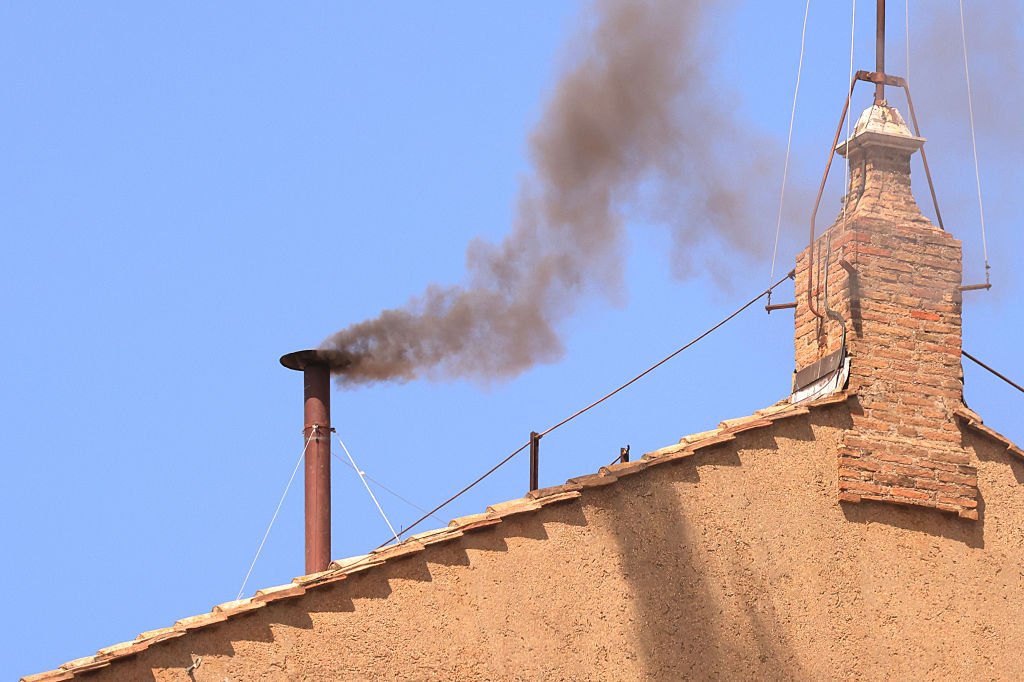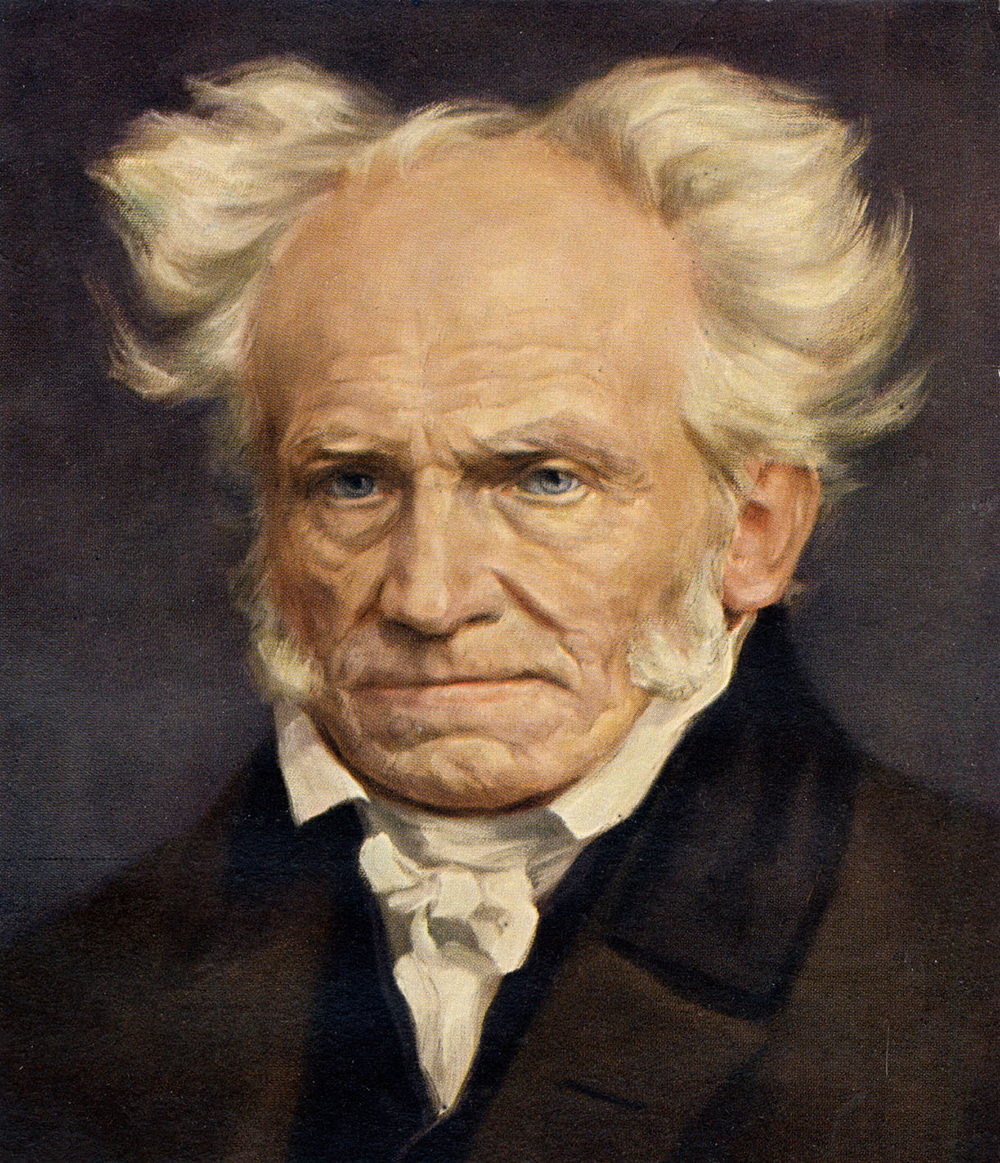With an inconclusive first and second day at the Conclave – to date – speculation in Rome is mounting that there may be deep divisions inside the Sistine Chapel. We may be in for an intense session of vote trading and complex geopolitical chess-board negotiations.
The next pope, especially if it is one of the younger members of the Conclave – by which I mean under 70 – will shape the faith of some 1.4 billion Catholics for possibly as long as 20 years, maybe more.
Age may turn out to be a critical factor. The Conclave may want a younger pope from an entirely new generation not besmirched by the sins of the church. The past week has seen the major candidates – including Pietro Parolin and Luis Tagle – all being smeared by attacks implying they are not fit to be the Vicar of Christ. A younger pope – such as 60 year old Italian Cardinal Pizzaballa – could be seen as a chance to take the church into a new chapter, untainted by the sex abuse and financial scandals that have rocked the church in the last 20 years.
Another ignored aspect that is likely to impact the vote is the Vatican’s ‘Special Relationship’ with Portugal and its language block -there are 12 Portuguese speaking Cardinals. Ever since Portuguese explorer Vasco da Gama discovered a new route between Europe and India, Lisbon has provided both spiritual and trading links between Old Catholic Europe, Asia and the New World.
This spiritual axis could become centre stage in the next 24 hours as the three papabile camps – progressives, moderates and traditionalists – battle it out by vote in the Sistine Chapel to become the next pontiff and leader of the world’s Catholics
Portugal may only have a Catholic population of around 10 million but, strangely, the country currently has six cardinals (known as ‘red hats’). This influential cohort of Portuguese-speaking cardinals may well prove to be a key factor in choosing the next pope.
Their influence far outweighs the size of Portugal as a Catholic country. They include one of the youngest ever cardinals, former Bishop Américo Aguiar, appointed aged just 49 after he ran World Youth Day – a global religious festival hat moves around the world – two years ago in Lisbon. Aguiar, now only 51, is media savvy being a former communications director for Patriarchate of Lisbon. Francis chose Portugal because he made the Lisbon/Vatican a critical new spiritual axis of his progressive agenda. At the Sunday Mass on the final day, an estimated 1.5 million attended, making it like a Catholic Woodstock.
Portugal is an unusual Catholic country in that it is a vibrant show model of the success of Vatican II (i.e. the modernising of the Church), something that defined Francis’s papacy. Francis even used the Portuguese media as a form of soft intelligence, or papal propaganda to break news, such as when he used a Portuguese radio station to first reveal the agenda of his Great Reforming ‘Synod on Synodality’.
Of Portugal’s six cardinals, four (as they are aged under 80) are voting in the conclave.But the other two, as elder statesman, will have made their voice and views heard last week during the papal hustings week that takes place during the nine day period of mourning. In reality this is really a serious period of lunching, schmoozing, and discussions over tactical voting and language blocks. Speculation has been mounting that if the Americans – who have 10 voting cardinals – help Cardinal Parolin to win the Crown of Peter, then the USA will get its first US Vatican Secretary of State, probably Robert Prevost.
The Portuguese younger cardinals are at the heart of the pro-Francis legacy continuation camp. They make a formidable media savvy contingent being dynamic, clever and respected in Portugal and Rome. The four voting cardinals include António Augusto dos Santos Marto, born in 1947; Manuel Clemente, one of Pope Francis’ first red hat appointments; and José Tolentino Calaça de Mendonça, aged 59. He is Prefect of the Dicastery for Culture and Education, a biblical scholar and poet influenced by once witnessing someone being murdered in front of him.
As a former editor of the Catholic Herald, I think the cardinals will be looking for a less controversial, less surprising, more collegiate and canon-minded – even boring – pope. Such as Hungary’s Péter Erdő, the likely favourite of the Conservative faction, who once told me that he loves England and liked nothing more than eating fish and chips in a pub in Plymouth.
The Portuguese-speaking faction will be making their voices heard, not least as Portugal likes to present itself as ‘neutral’ – such as in the second world war. Its progressive, pro-Francis legacy hierarchy will see themselves as being in an ideal position to act as ‘a form of global liaison’ – or bridge – between the embattled Conservative and liberal factions of the Church.
Some argue that Francis embraced the Vatican-Portugal axis to the point of favouritism, giving red hats to liberal Portuguese bishops whilst sidelining archbishops in Poland, France, Italy and America. Los Angeles, a Catholic city of millions, has had no cardinal since 2011.
Portugal was seen by Francis – the first ever Jesuit pope – as representing a less formal, less traditional, and potentially more spiritually malleable country than more archaic Spain or Italy. Francis also seemed to identify with Portugal’s outward-facing Jesuit missionary traditions exemplified by Francis Xavier SJ, the missionary who co-founded the Society of Jesus and led the first Christian mission to Japan.
It is not just with Portuguese nationals that Pope Francis stacked the electoral college, but also Portuguese speakers. Vatican watcher John Allen Jr told me there will be around 12 Portuguese-speakers in this conclave, including six from Brazil and one each from Cape Verde and East Timor.
That is quite a language block inside the conclave, not least as Portuguese is notoriously difficult to speak. By embracing Portugal, Francis felt he was part of the Jesuit tradition of reaching out to far-flung Catholics in remote pockets of the world. Thus, under Francis, Portugal became almost a new spiritual hub for his radical mission at the expense of European cities like Milan, Paris, LA and Naples. Whether there are even enough traditionalist-leaning cardinal-electors to exact their revenge this conclave, we will have to wait for the white smoke to see.







Comments